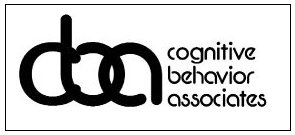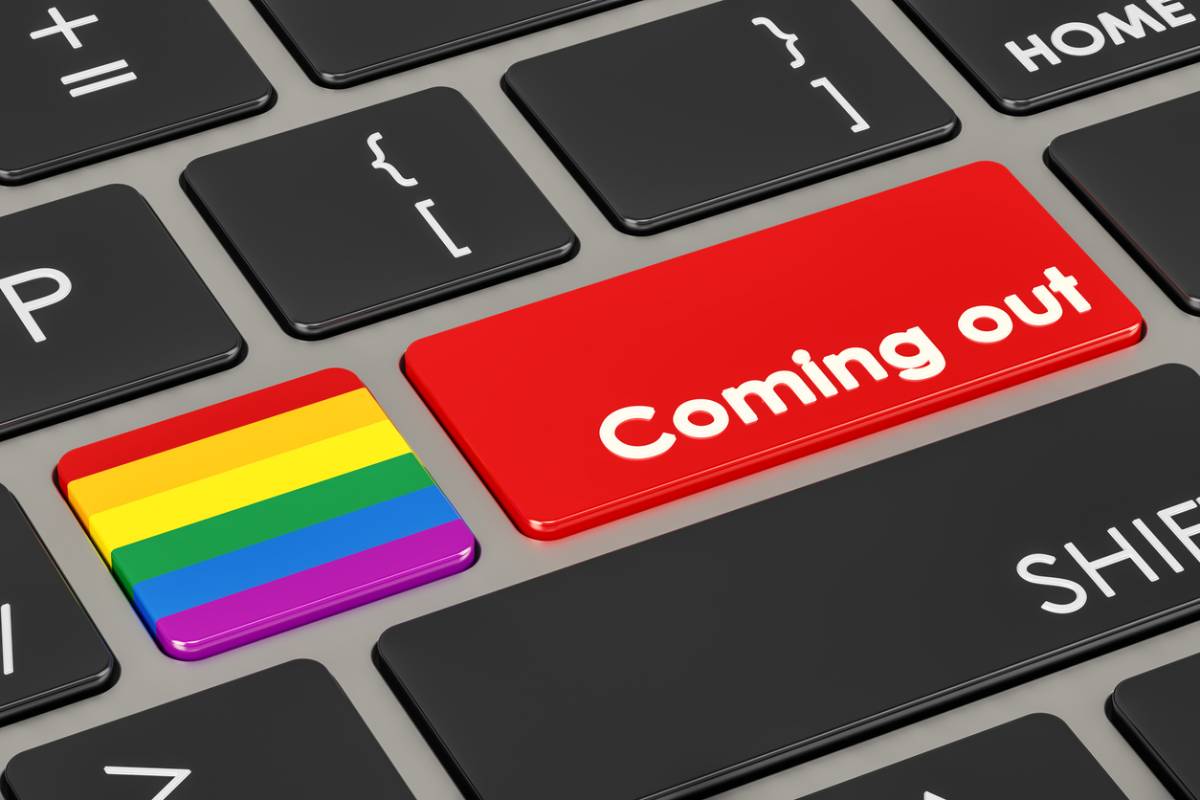Queer rights organizations have made significant strides in recent decades. Their hard work and sacrifices have made it easier than ever before to come out in the United States. Unfortunately, being easier doesn’t mean it’s easy. True, there now is widespread acceptance of the queer community. Still, several vocal minority groups can make it anywhere from unpleasant to dangerous for those who identify as LGBTQIA. These vocal minorities and maintenance of a cisgender “default” mean it is still challenging to come out as queer. And, what’s more, coming out isn’t just a one-time deal. Now, let’s look at how coming out can be a cycle.
In many cases, informing the immediate family is the main event. These are people who have known you since you were born and should love you unconditionally. For that reason, coming out to the immediate family has the potential to be incredibly fulfilling if the person is met with love and acceptance. Unfortunately, the process can also be high risk for the same reason. What many people don’t realize is that the person in question then has to decide if and when to tell friends, extended family, coworkers, and anyone new that comes into their lives. As long as cisgender people are considered the norm, members of the queer community are going to spend their entire lives coming out over and over again.
The Process of Coming Out
Coming out is a difficult process that can be hard to navigate if you’re a relatively young member of the queer community or an older member who is just becoming comfortable with their real identity. Fortunately, there are a lot of resources to help sexual and gender minorities figure out when and how to come out on their own terms. Although it varies between individuals, the general process can be mapped out to provide guidance to people who are struggling.
Awareness:
If you’re wondering whether you should come out or not, then you’re already in the awareness phase. Most psychologists agree that a person enters this phase every time they consider telling a new group or individual about their identity. This stage is often characterized by stress over the impending decision. Still, the level of stress will be dictated by:
- The individual’s own anxiety
- The perceived importance of the new individual or group’s acceptance.
Assessment:
At this stage of the process, the person is carefully weighing the pros and cons of coming out to a new person or group. It’s common to consider whether there is anything to be gained by going through with it, and fear of rejection is a common detractor. The length of the assessment phase will vary dramatically depending on the individual case. For many people, it’s an emotional period where they have to decide how important it is to them to disclose their identity.
Decision:
Making the decision to either come out or to keep your identity to yourself should always be an empowering decision. Unfortunately, it isn’t always the case. Perhaps you find yourself unhappy with your decision and it is having a negative impact on your mental health. Then we recommend seeking professional counseling.
The Risk of Stress
Going through this process repeatedly can be stressful and even traumatizing. In fact, members of the queer community are up to three times more likely to experience a serious mental health concern. So it is vital to seek out counseling at any point where you feel your mental health is in decline. Fortunately, Cognitive Behavior Associates provides cognitive behavioral therapy in Los Angeles. We can help you reaffirm your individual identity and to connect you with additional resources when you need them.

